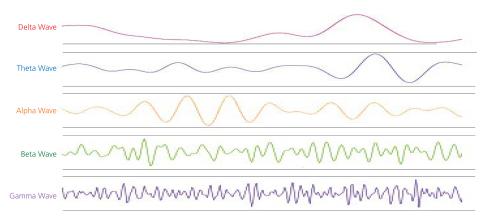
Psychologist and prize-winning author Dr. Kay Redfield Jamison reflects on her courageous decision to disclose publicly her own history of bipolar illness, and about her efforts to reduce stigma. She is especially dedicated to counseling young people who are diagnosed with bipolar disorder.
Read More
Dr. Mark S. George, a pioneer in the field, explains how TMS and related non-invasive brain stimulation technologies are changing the face of psychiatry.
Read More
Dr. Vikaas Sohal and colleagues have used advanced technologies to discover biological processes that are likely involved in causing cognitive dysfunction in schizophrenia. The road to bold new treatments is being paved with this new knowledge.
Read More
Dr. George, a pioneer in the field, answers practical questions about TMS and other brain stimulation therapies for psychiatric illness.
Read More
While affecting millions of American adults, personality disorders (PDs) are infrequently discussed. Our Q&A with BBRF grantee Dr. Anthony Ruocco, focuses on the most prevalent PD, borderline personality disorder (BPD). He helps clarify its symptoms, explains what research suggests about it biological underpinnings, and offers advice about treatments.
Read More

